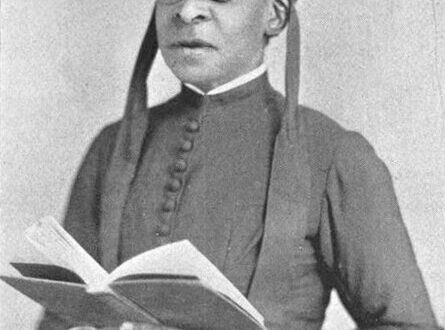The Art of Ending
“Dear Tiffany, Your car is a total loss.” A terse list followed which detailed every door ding, paint scuff, and hail dent that my 2001 Mercury Cougar had proudly acquired in our nine-year relationship. It was all there. The scratched fog lamp from sliding into a bush in a Colorado snowstorm, the hole in the floor board carpet from tapping my black heels one too many times, and the six-disc CD player which no longer functioned but still contained the music of a dreamer.
“Dear Tiffany, Your car is a total loss.” A terse list followed which detailed every door ding, paint scuff, and hail dent that my 2001 Mercury Cougar had proudly acquired in our nine-year relationship. It was all there. The scratched fog lamp from sliding into a bush in a Colorado snowstorm, the hole in the floor board carpet from tapping my black heels one too many times, and the six-disc CD player which no longer functioned but still contained the music of a dreamer.
What I considered to be a minor fender-bender with minimal damage had resulted in the insurance company valuing my car as unworthy of fixing and therefore a “total loss.” The automatically-generated email made it clear—your car is worth nothing. Terminate this foolish attachment to your outdated coupe and move on.
From this abrupt email I came to two significant conclusions. One, that this particular insurance company is in desperate need of a copy editor to wordsmith their emails so as not to offend customers. I considered sending in my resume. And two, that change is inevitable.
It was a soiled-tissue, mascara-snaking-black-down-my-cheek kind of day. In a half-hearted attempt to comfort myself that evening, I made the following observations in my journal.
-
An ending is a form of loss and it’s okay to grieve. I don’t have to pretend that everything is fine. I give myself permission to process through the unexpected loss of my first car.
- Change is anxiety-producing because it forces me to confront my fear of the unknown and acknowledge my own limitations. I am not in control.
-
To ignore an impending ending neither delays its arrival nor decreases the severity of life change that it will require for me. In the future, I will seek to be better prepared.
-
Endings are a consistent and normal part of life with which I want to become more comfortable. Instead of just planning for and celebrating beginnings, how can I commemorate important endings?
-
Endings aren’t a “problem” to be overcome. They are an opportunity for growth. After all, to remain “comfortable” where I am is to stagnate and to stagnate is to fail to move forward. How else am I to progress and develop if not by stepping forward and leaving behind lesser things?
- I am not in a position to receive what God has is store for me during this next season of life if my hands are clenched tightly around what I assume to be best for me. Father, thank you for the reminder that I am dependent upon you and that you are sovereign, good, and loving.
“Great is the art of the beginning, but greater is the art of ending.” – Henry Wadsworth Longfellow


One Comment
danae
Thank you!
I just happened to glance on Facebook newsfeed and God knew I needed to read this article. Thank you Tiffany!